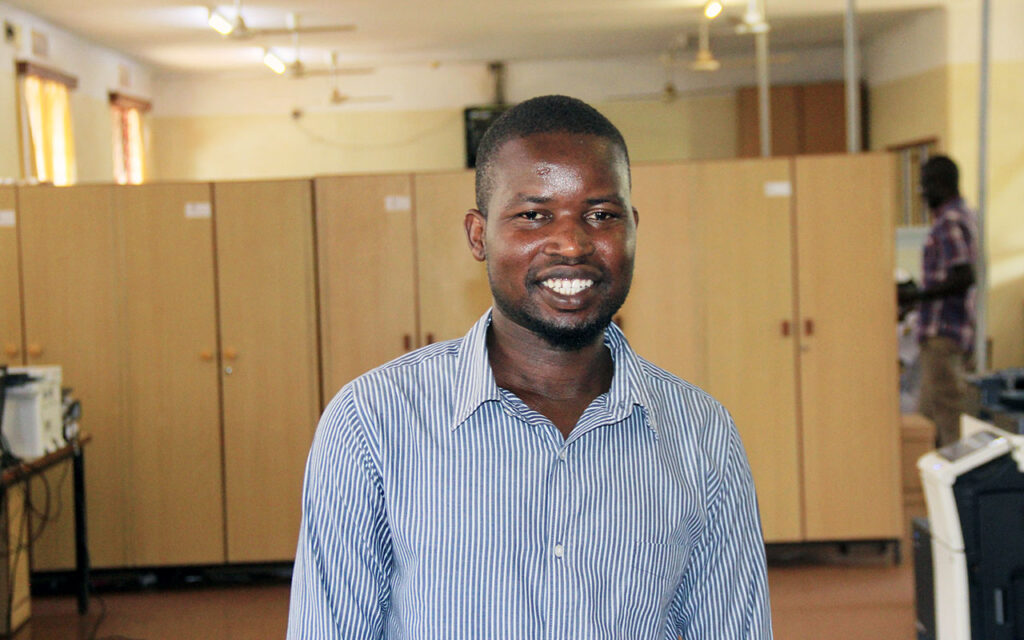Putting the pieces together in practice
Is your practice evidence-based? And what does that mean anyway? Those of you who came to the HNA meeting will recall Martin Bedford’s presentation in which he defined evidence-based practice as “the conscientious, explicit and judicious use of best current evidence in making decisions about care for clients.”
It was, he said, a strategy for bridging the “theory-practice gap”, and required research in order to generate evidence. Much of the research should be nursing based and, as haemophilia is a rare disease, will need to be based on multi-centre collaborations.
Last year’s HNA survey showed that many haemophilia nurses only rarely get involved in research. Over the coming months, the HNA and Haemnet will tell you more about our plans to promote collaborative research among nurses.
The PedNet Haemophilia Registry is an excellent example of a collaborative approach to haemophilia research.
In January in the New England Journal of Medicine published the first results of the RODIN study (Research of Determinants of INhibitor development among previously untreated patients with haemophilia), a substudy of PedNet. It’s paper shows how “evidence” cannot simply be taken at face value but needs to be interpreted and applied thoughtfully.
The study data appeared to show that, while the risk of inhibitor development with plasma-derived products was similar to that with recombinant products, some recombinant products were associated with a higher risk of inhibitor development than others. The result could cause some to question their clinical practice and switch products.
Haemnet spoke to lead author Samantha Gouw from the University Medical Center Utrecht to try to tease out the implications of the study. She stressed that “the translation of the study’s findings to clinical patient care is a complex process that every haemophilia treater will have to consider for themselves. Multiple factors should be taken into account.”
You can find our discussion with Samantha in the research section of the Haemnet Knowledge Bank, or by clicking here.
Mike Holland is the founder of Haemnet and SixVibe. He is a freelance medical writer, editor and event organiser – find him at Google+ and Driftwood.


